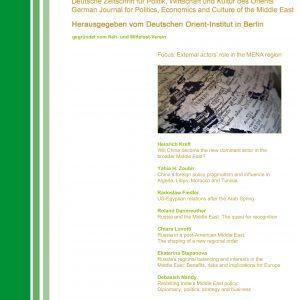Description
India has a long-standing relationship with the Middle East region. The Middle East – or West Asia – has had a great impact on Indian culture and vocabulary Arabian and Persian traders used to come to India, meaning that economic connectivity between India and West Asia is centuries old. Through the ages, India and West Asia have interacted in
different ways. Since India achieved independence, the relational patterns between the two have witnessed many ups and downs and the West Asian region now plays a significant role in India’s economy. India is maintaining a fine balance between Israel and Palestine, while from the viewpoint of political security, India has signed prisoner repatriation treaties
with various West Asian countries. India has also signed various agreements with Israel to purchase defence equipment. Traditional relations aside, India adopted a specific “Look West” policy in 2005 in order to deepen engagement with its West Asian neighbours. Historically, West Asian countries have been considered as the “extended”, and “proximate”
neighbours. The role of third parties (e.g. USA, China, Russia and Pakistan) is very significant in relational equations. India
has established its multidimensional relations with West Asian regional organisations.
Debasish Nandy is an Associate Professor and Head, Department of Political Science, Kazi Nazrul University, Asansol, West Bengal, India. He is the Visiting Faculty in the Department of Foreign Area Studies at Tajik National University, Dushanbe, Republic of Tajikistan. His research interests include India’s Foreign Policy, South Asian Politics, Refugees and Migration, and Security Affairs.




Reviews
There are no reviews yet.